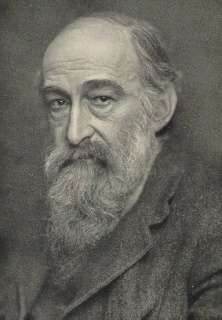A Quote by Hakuin Ekaku
Contemplation within activity is a million times better than contemplation within stillness.
Quote Topics
Related Quotes
For contemplation is both the highest form of activity (since the intellect is the highest thing in us, and the objects that it apprehends are the highest things that can be known), and also it is the most continuous, because we are more capable of continuous contemplation than we are of any practical activity.
The great and secret message of the experiential mystics the world over is that, with the eye of contemplation, Spirit can be seen. With the eye of contemplation, the great Within radiantly unfolds. And in all cases, the eye with which you see God is the same eye with which God sees you: the eye of contemplation.
The study of letters is the study of the operation of human force, of human freedom and activity; the study of nature is the study of the operation of non-human forces, of human limitation and passivity. The contemplation of human force and activity tends naturally to heighten our own force and activity; the contemplation of human limits and passivity tends rather to check it. Therefore the men who have had the humanistic training have played, and yet play, so prominent a part in human affairs, in spite of their prodigious ignorance of the universe.
The Oriental philosophy approaches easily loftier themes than the modern aspires to; and no wonder if it sometimes prattle about them. It only assigns their due rank respectively to Action and Contemplation, or rather does full justice to the latter. Western philosophers have not conceived of the significance of Contemplation in their sense.
But this is that which will dignify and exalt knowledge: if contemplation and action be more nearly and straitly conjoined and united together than they have been: a conjunction like unto that of the highest planets, Saturn, the planet of rest and contemplation, and Jupiter, the planet of civil society and action.
Before examining this more carefully and investigating its consequences, I want to dwell for a moment in the contemplation of God, to ponder His attributes in me, to see, admire, and adore the beauty of His boundless light, insofar as my clouded insight allows. Believing that the supreme happiness of the other life consists wholly of the contemplation of divine greatness, I now find that through less perfect contemplation of the same sort I can gain the greatest joy available in this life.
When like the patriarchs we learn to dig wells of virtue and spiritual knowledge within ourselves by means of ascetic practice and contemplation, we will find within us Christ the spring of life (cf. Gen. 26:15-18). Wisdom commands us to drink from this spring, saying, 'Drink water from your own pitchers and from the spring of your own wells' (Prov. 5:15). If we do this we shall find that the treasures of wisdom truly are within us.































